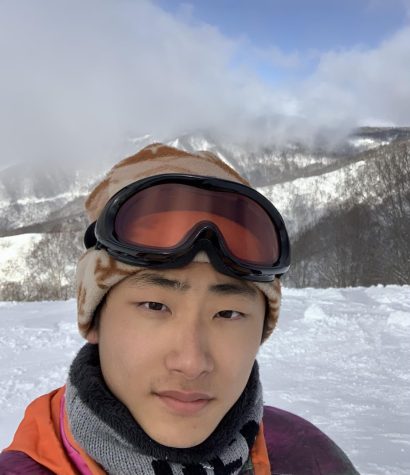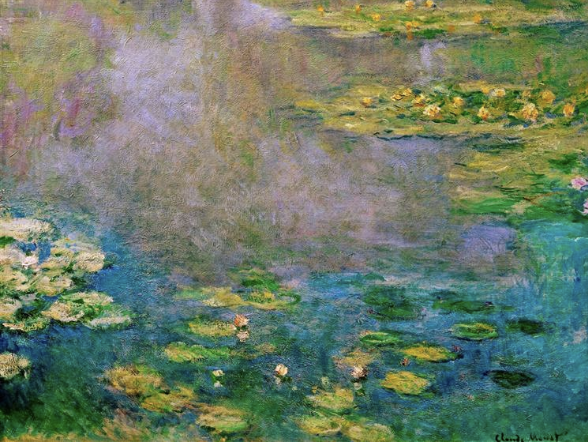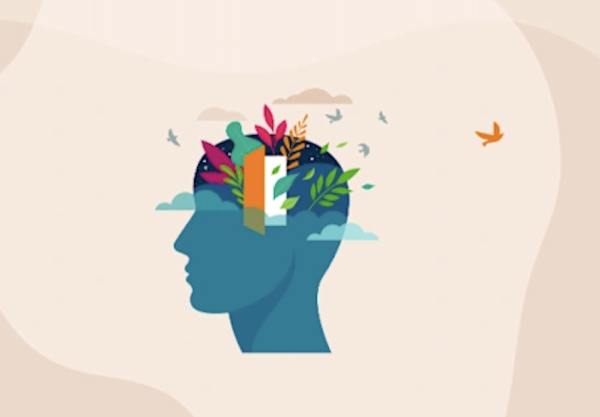We are all taught many subjects in school, but have you ever learned how to learn?
As students, we spend a lot of time studying every day, especially during the exam season. In fact, by studying for six hours every day over ten months, we would study for an average of 1200 hours per year! This is a huge number, but wouldn’t it be wonderful if we could learn more efficiently just by studying smartly?
Learning how to study effectively will not only help you as a student, but it will also improve your life in its entirety. Whether you like it or not, you will spend your whole life learning. Whatever your position may be – a professional, parent, or student – you will learn every day. For example, if you are an office worker, you may need to learn new skills to complete your tasks. Therefore, it is crucial to learn as effectively as possible so that you can have more time to spend on activities that you enjoy. Learning efficiently will also improve your life in general, as it will help you to apply this newfound wisdom.
Now, I will share two of the main studying strategies that I like and explain their importance based on scientific evidence.
The first strategy involves writing down what you have learned in a particular subject on a blank sheet of paper as if you were going to teach others. For example, if you have learned the basic demand and supply curves for economics, write them down on paper, including a diagram and other keywords. Then, imagine that you are explaining it to someone else. You can also talk to the wall, although it can feel a bit strange! In essence, this process depends on recalling information, which is a key part of learning. Science shows that the more you recall, the more you remember.
Recalling information is different from recognizing it. We often think that we know or understand certain information because we see it in front of us. However, here is a test that demonstrates why recognizing information can be an illusion of having understood it well: take a blank sheet of paper and draw the Crimson logo without seeing it.
It’s not easy, right? Even though we see the logo frequently, it does not necessarily mean that we can recall and redraw the logo accurately. This highlights the problem with learning passively. For example, you may think that you have understood a concept during class while the teacher was explaining it, but if you try to explain what you have learned to a friend, you may realize that it is not as easy as you think. Practicing recalling information will not only help you to remember better, but will also enable you to apply your knowledge well.
Furthermore, trying to teach others will allow you to reflect on what you do and do not know: if you can explain a concept, you probably have a good understanding of it. However, if questions come up during this process that you cannot answer, you should refer back to your notes, the Internet, or ask for help from your teachers and peers.
The second studying strategy involves applying what you know to different contexts. For example, you can use knowledge from your chemistry class to improve your recipe for cookies. This kind of application is known as far transfer, in which you apply knowledge to different contexts. Study shows that far transfer will help you in retaining information, and will also make new knowledge more useful and meaningful.
A good way to far transfer knowledge is to generalize a concrete concept. For example, if you learn how specific molecules react with heat, you can use that concept to understand how cookies will react in the oven – thereby generalizing the concept of molecule reaction.
Moreover, you can also create different contexts by changing the environment you study in. Studying in different places will help you to remember specific knowledge. For example, when I walk outside during class with my laptop in my hand, I find that it improves my memory. This is because you unconsciously associate what you are learning with the outside environment. For CGA, you can also change the virtual background for each different class or subject – this will also mean that you will not have to worry about dropping your laptop or hitting the poles as you walk!
Lastly, I want to outline an interesting psychological phenomenon known as the Dunning-Kruger Effect. This phenomenon explains that while someone may believe they know a lot about something, they know almost nothing in reality. This happens because they do not have enough knowledge to know that they know almost nothing. So, whenever you learn something new, do not think of mastering it within a short time, because one day you will realize that you know nothing.
To avoid this phenomenon, a simple technique is to keep learning and to constantly get peer feedback. For example, if you begin underwater diving and think that you can immediately go into the sea alone, do not do so until you have mastered the skill. Instead, you should ask a professional to give you feedback about diving so that you can have a more accurate understanding of how skilled you are.
Hopefully the information that I provided was useful to you. There are more things that I would like to discuss, but let’s save them for next time!
Here are the sources that I highly recommend reading through:
Acknowledgements:
- Minerva Schools at KGI (2019). Common Learning Techniques: Using #scienceoflearning to Make the Most of Your Study Time.
- Freeman, S., Eddy, S. L., McDonough, M., Smith, M. K., Okoroafor, N., Jordt, H., & Wenderoth, M. P. (2014). Active learning increases student performance in science, engineering, and mathematics. Proceedings of the national academy of sciences, 111(23), 8410-8415.







